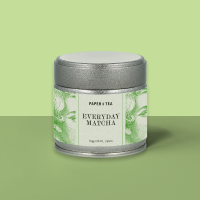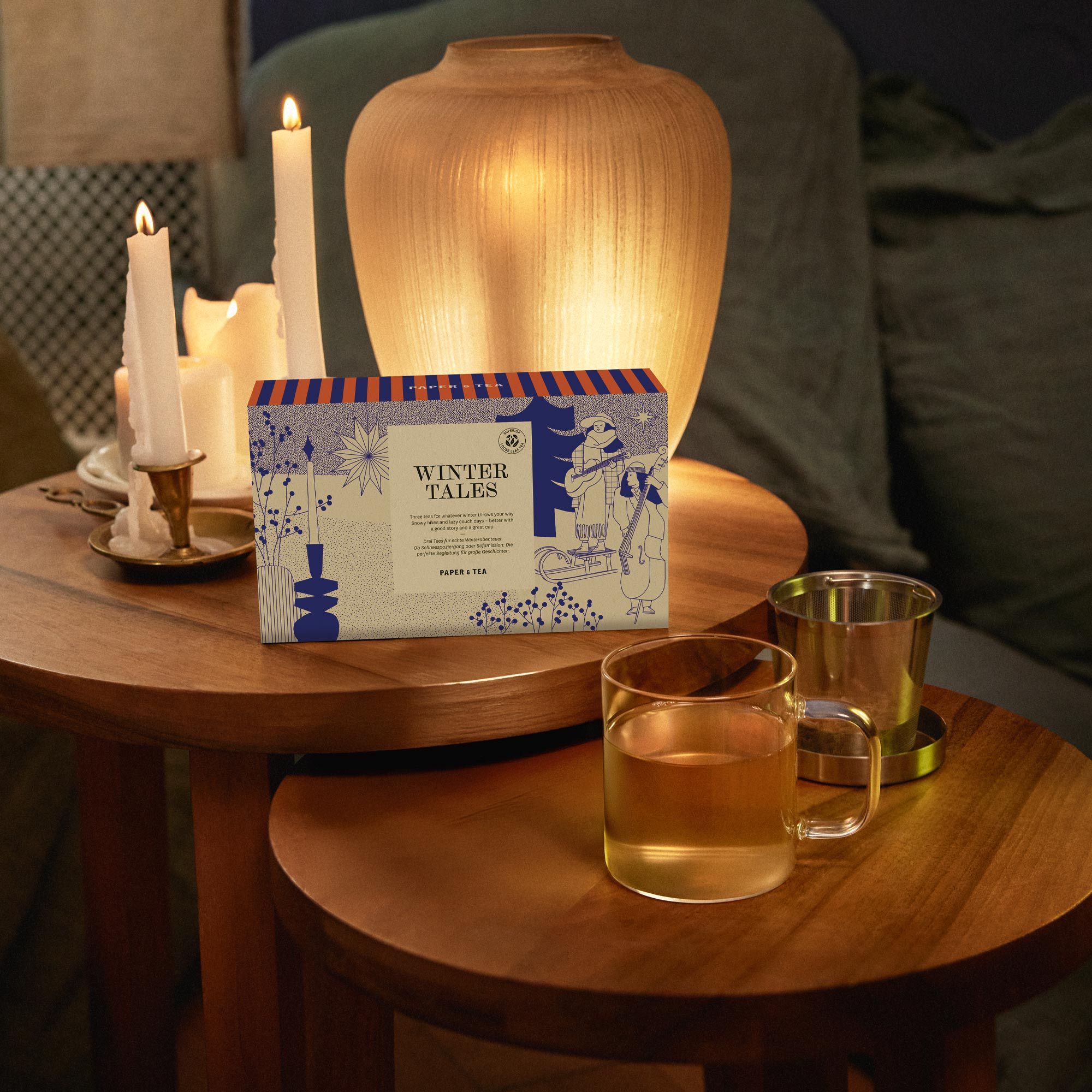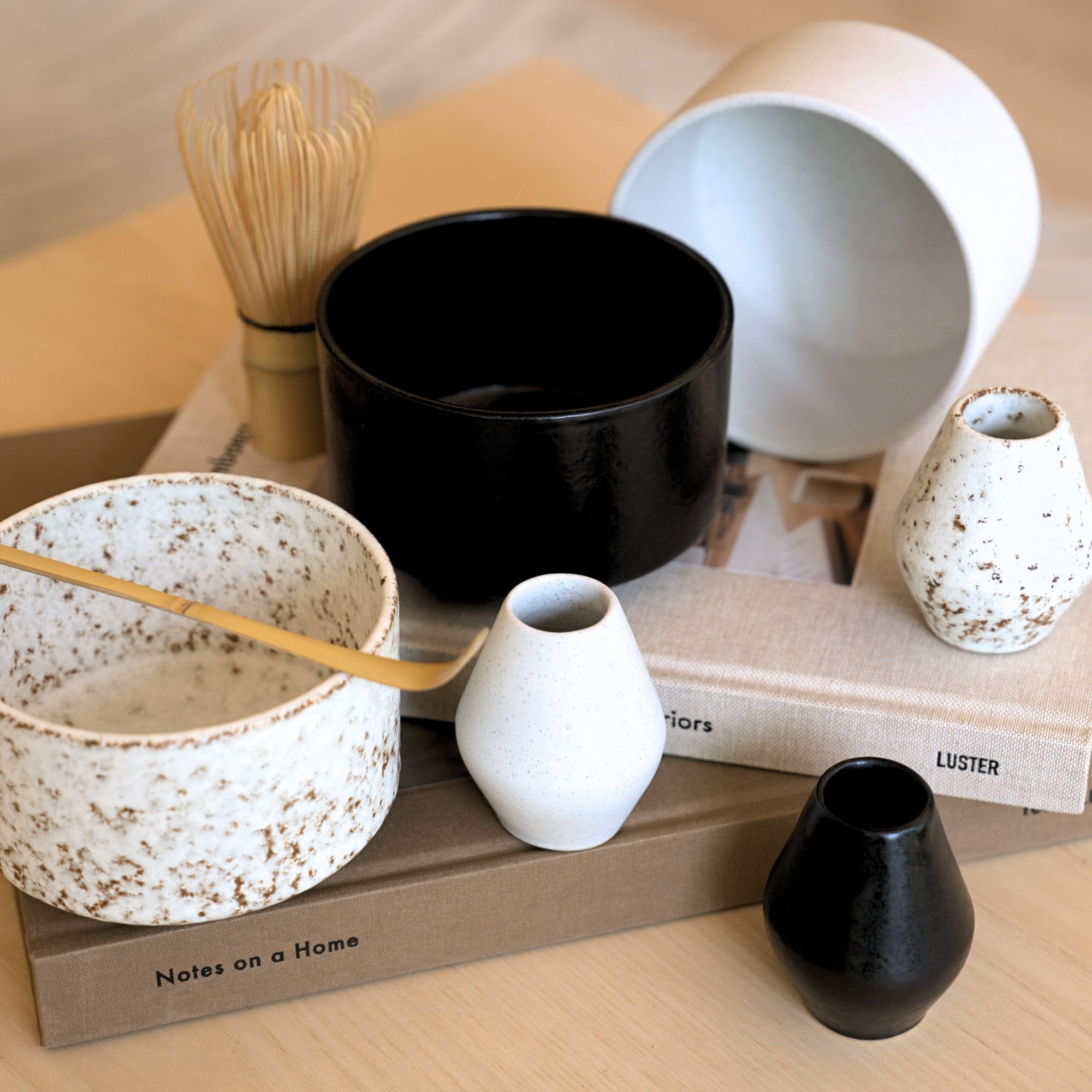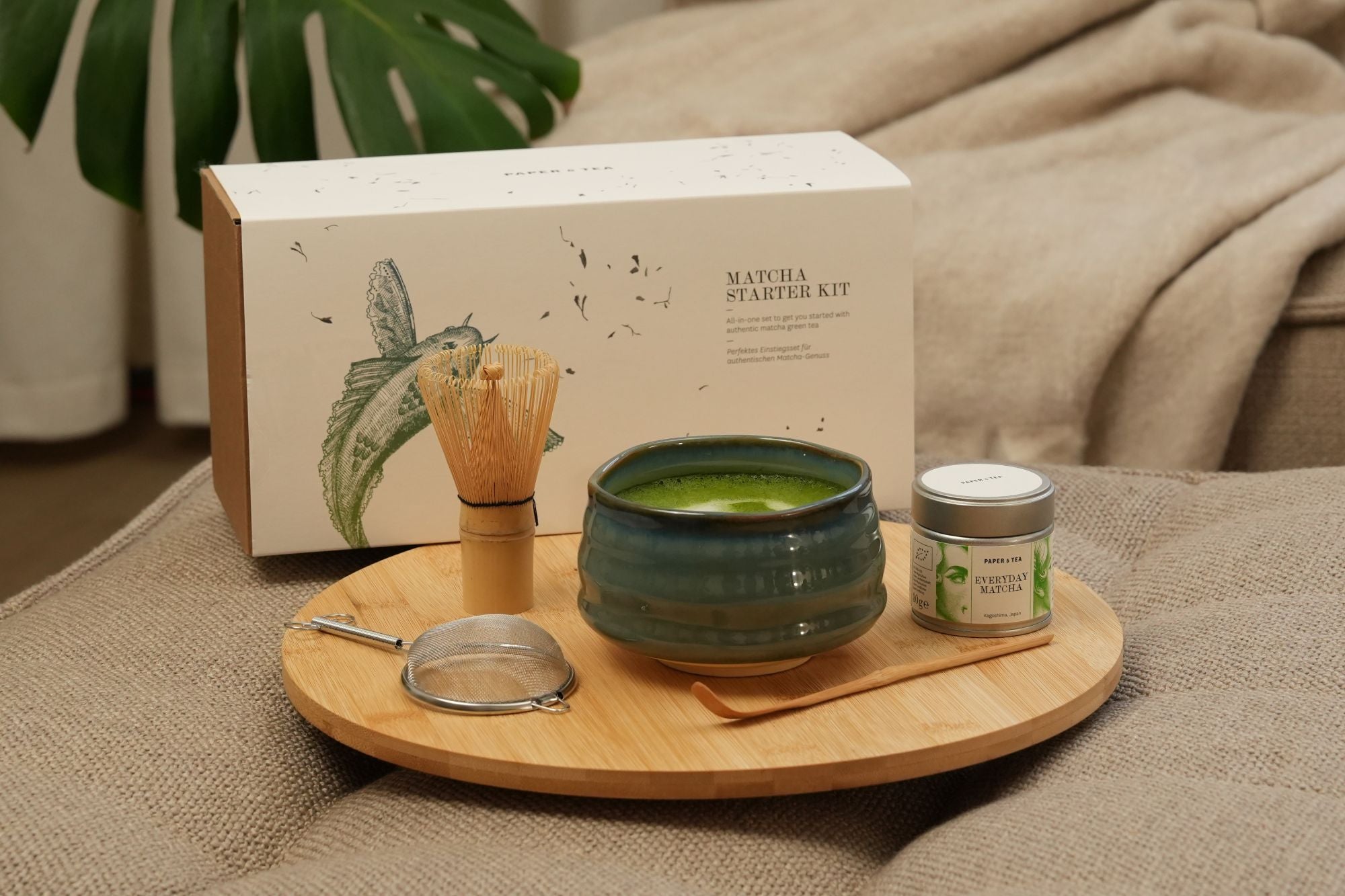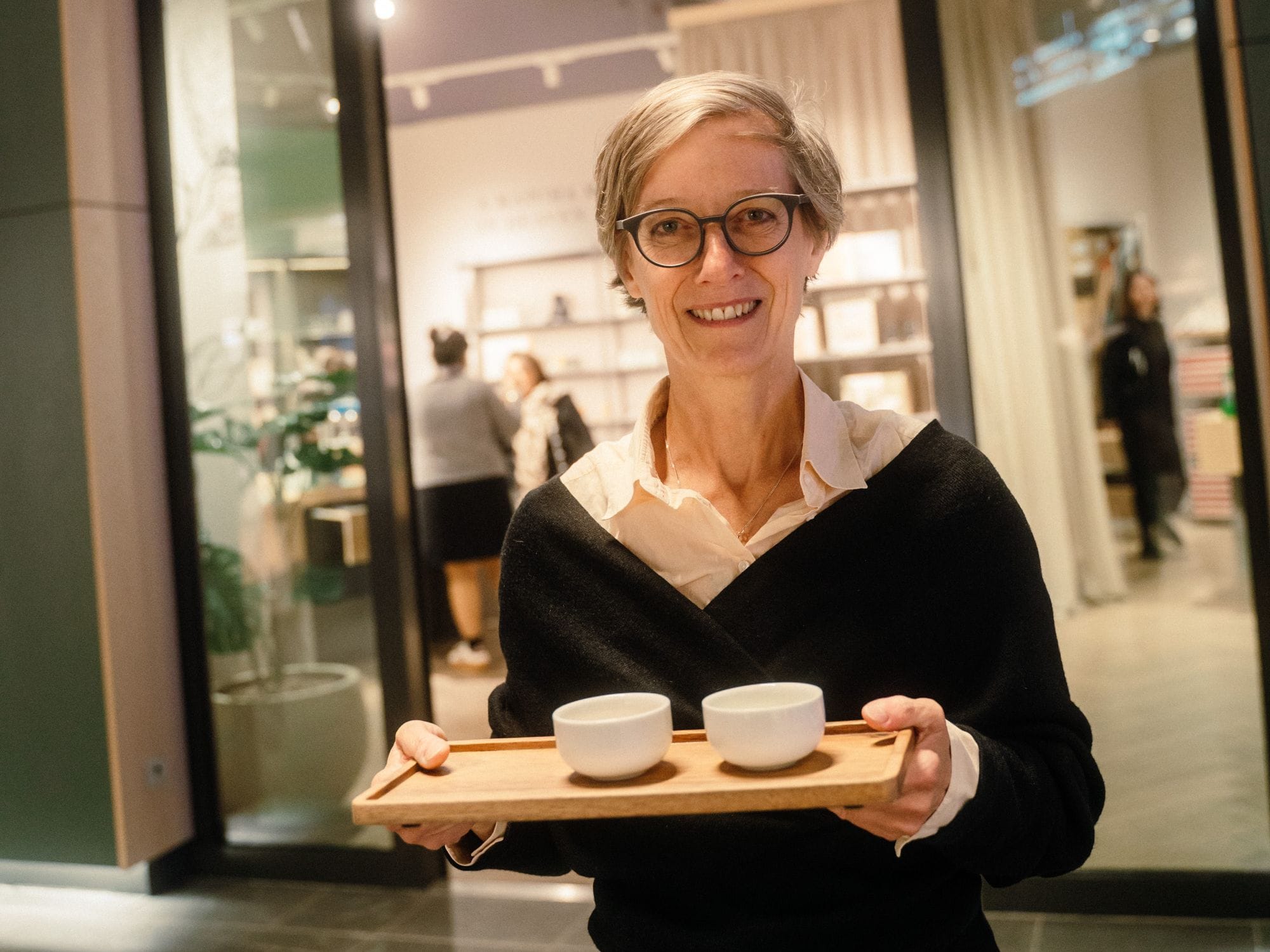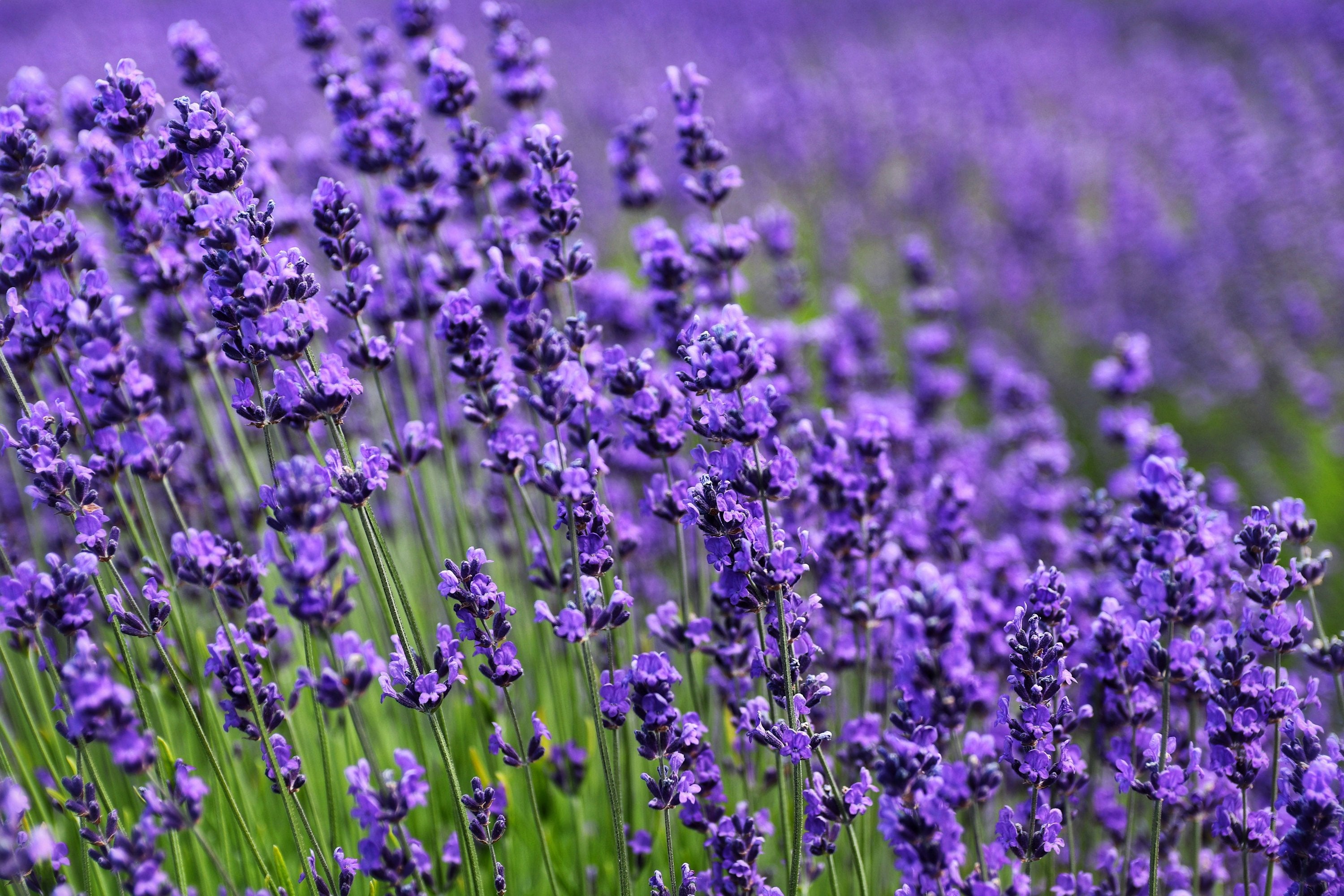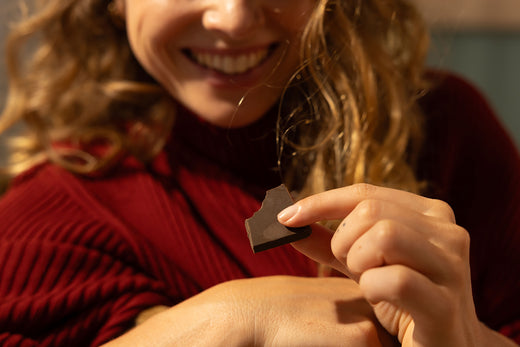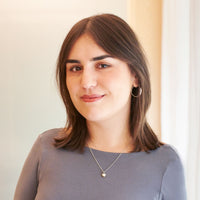To Create the Best Tea-Infused Chocolate in the World
To create the best tea-infused chocolate in the world, it takes more than just premium tea – it requires the finest chocolate. That's why we've partnered with trailblazing chocolate pioneers, ORIGINAL BEANS. Together, we're not only creating uniquely flavorful tea-infused chocolates but also a thoroughly sustainable product line. Founded in 2008 by Philipp Kauffmann, a dedicated environmentalist in the seventh generation, ORIGINAL BEANS is driven by the principle of regeneration - the belief that everything sourced from nature should be returned to it. This philosophy has propelled ORIGINAL BEANS to challenge industry norms and redefine standards. But can a brand genuinely wield a positive, sustainable influence on the world? We meet him over a cup of tea, to delve into Philipp's personal journey, the world of chocolate, and the responsibilities within the chocolate industry.
Philipp's Journey and Vision
Philipp has had an eventful life. For over ten years, he has worked for major nature conservation organizations such as the United Nations. His journey has taken him across the globe, allowing him to engage with local farmers and navigate the intricate landscape of politicians, corporations, and traders. And time and again he comes up against the status quo, because everywhere he goes there are entrenched systems that prioritize the profits of a few companies over people and nature. In the chocolate industry in particular, which repeatedly hits the headlines due to child labor in West Africa, the familiar paths of exploitation seem to be set in stone. Philipp can't let go of the question of how the market itself could be changed so that it becomes regenerative.
Philipp Kauffmann:
"How can we transform the market so that it becomes regenerative for a particular place, for a particular landscape, for a particular group of people, farmers or others? So that it doesn't squeeze them out, incapacitate them, deforest them, but does exactly the opposite, namely regenerates them. Because that should be the most logical thing in the world."

The most logical thing in the world. This clarity in his worldview defines him. Perhaps he soaked this love for nature and the people in it up at home, as Philipp stems from a long line of conservationists. Philipp shares insights into the conscious and unconscious impact this heritage has on his perspectives.
Philipp Kauffmann:
"For over 200 years, my ancestors have been actively engaged in what I'm doing now. I could sit down with my great-grandfather, the seventh in line, and discuss sustainable forestry. This connection helps me in challenging moments. It's a sense of continuity flowing through me, grounding me in the present. I'm a part of it, and that realization provides me with courage and solace."
Building a Sustainable Company
Driven by an entrepreneurial spirit, Philipp takes matters into his own hands in 2008, founding ORIGINAL BEANS. From the outset, he envisions a transformative company, integrating the existing knowledge about climate change, the biodiversity crisis, and the impacts of unsustainable farming and bad products.
Philipp Kauffmann:
"This is essentially reverse engineering the typical structure of companies. Typically, in the industry, you would identify a market segment, develop a product, price it accordingly, and then determine your supply source. We've flipped that model. ORIGINAL BEANS has evolved from the farmer, the forest, and a dedication to regenerative agriculture and nature conservation."

Philipp calls it ORIGINAL BEANS' regenerative mandate to establish value chains precisely where the company can contribute to safeguarding the world's most critical rainforests. Building connections from the grassroots level, they engage with local farmers and communities to understand their needs for preserving the rainforest, avoiding selling it to the highest bidder.
Commitment to Farmers
Philipp Kauffmann:
"We differ from the traditional chocolate companies: if our farmers face adverse weather, we're there. When confronted with social challenges, we stand united because we share a vested interest in a long-term, quality supply relationship. This is what I mean with bottom-up."

He mentions the Ecuadorian Chocó as an example, one of the most endangered rainforests in the world, of which only 2% is left. Stretching from Colombia to northern Peru, with mangroves along the Pacific coast and a cloud forest that extends up the mountains. They are currently working with two communities in this important biodiversity area. One of these is the Chachi, an indigenous people with whom ORIGINAL BEANS is looking at their entire tribal area of over 50,000 hectares of rainforest in order to jointly develop strategies to protect the Chocó and the regional cacao traditions.
Daily Commitment to Quality
Philipp speaks about the decision to defy the trend of fast consumption and low prices. Companies prioritizing organic and sustainability often face accusations of elitism. However, Philipp remains unwavering in his commitment despite such criticisms.
Philipp Kauffmann:
"If a product does not follow the logic of exploitation, but the logic of regeneration, restoration, health, then naturally the prices will be higher. Such a product must then prove itself on the market through its quality and integrity."

Tea-Infused Chocolate: A Sustainable Collaboration
The valuable collaboration with ORIGINAL BEANS has given birth to eight exceptional tea-infused chocolates, each bearing unique flavors that narrate tales of their origins. From secluded cocoa gardens in Ecuador to tea tree-lined slopes in Japan, every flavor in this collection paints a vivid picture. But above all, this collection is characterized by one thing: The decision to do better every day.
Copyright: Pictures from Ecuador by Murray Cooper.

